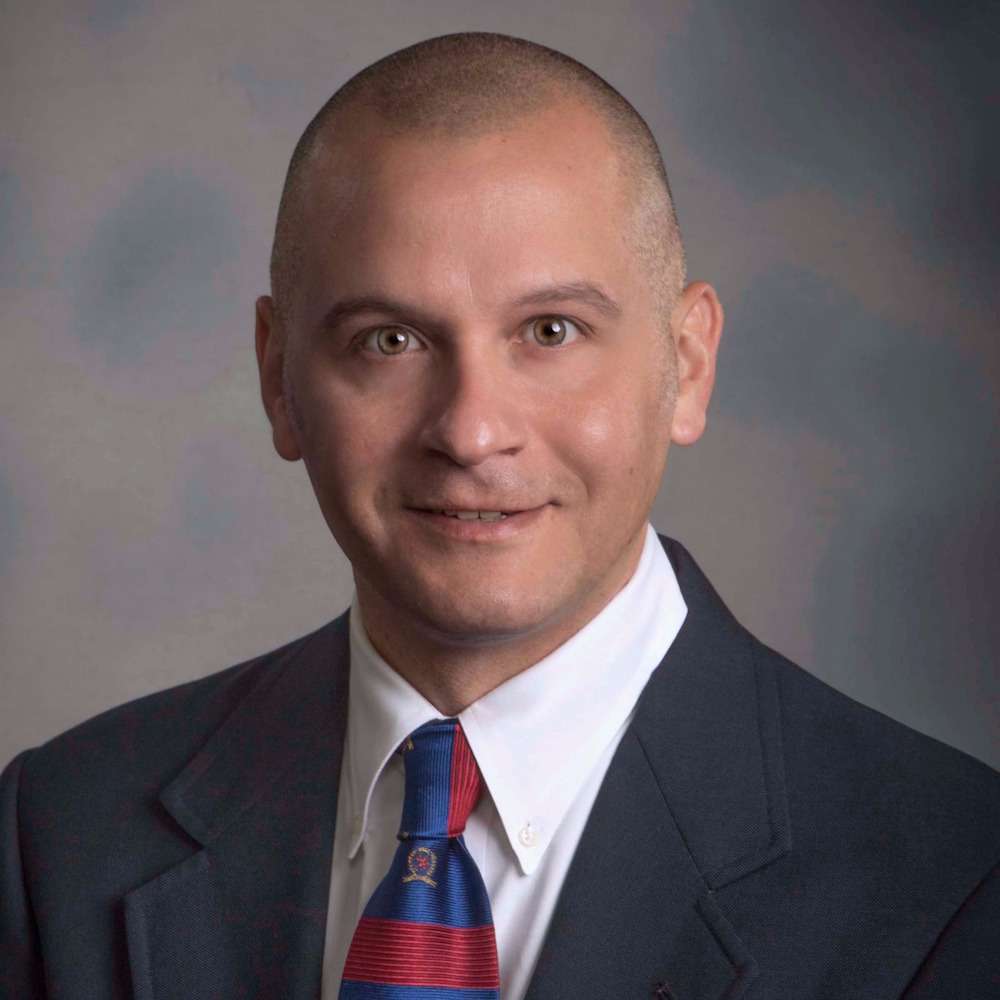Abraham Goldberg named founding executive director of the James Madison Center for Civic Engagement
New center expands JMU's efforts to prepare students to be engaged citizens
JMU News
Dr. Abraham Goldberg, a leader in the area of civic education on college and university campuses, assumed his post as founding executive director of the James Madison Center for Civic Engagement on July 17, 2017. Formerly the director of the Office of Service-Learning and Community Engagement at the University of South Carolina Upstate, he is uniquely positioned to bolster JMU’s endeavors to ensure that students are prepared to be active and engaged citizens.
“Colleges and universities have a duty to students and to our democracy to ensure that graduates receive first-rate training within their selected academic disciplines, and learn to address the contemporary, societal problems we face,” said Goldberg. “A healthy democracy relies upon active and engaged participants, so colleges and universities must prepare and even empower students for their role as citizens regardless of their chosen major.”
While the James Madison Center for Civic Engagement may be new, Goldberg sees the center as a means to develop, articulate and expand upon the initiatives already underway at JMU to provide students the necessary tools and skills to make positive changes in their communities and participate in the democratic process. Goldberg cited JMU’s mission and commitment to becoming the national model for the engaged university as laying the foundation for the work ahead.
“As a society, we’re grappling with how to ensure the rights of private citizens while maintaining a collective sense of civic purpose. Too often we see civil discourse devolve into shouting matches or even violence, and if we’re going to preserve and enhance our democracy, we need to do better,” said JMU president Jonathan Alger. “That’s why teaching students how to be effective citizens is central to the mission and vision of the university named after the architect of this nation’s constitution.”
Goldberg wants to impress on students that being an engaged citizen includes voting in elections, as well as raising awareness of issues they find important, addressing differing political perspectives and directly communicating new ideas to leaders. This requires that students learn persuasive oral and written communication skills, cultural awareness, political and historical contexts and ethical reasoning. These “prerequisites,” says Goldberg, are required for meaningful citizenship, and in teaching these skills, the university not only serves students, but democracy.
Goldberg is the author of the 2014 South Carolina Civic Health Index, created in partnership with the Center for Information and Research on Civic Learning and Engagement at Tufts University and the congressionally chartered National Conference on Citizenship in Washington D.C. He has been an invited presenter on civic engagement in national venues, including at the White House in 2016, and his publications include contributions related to the role of civic education in U.S. higher education as well as research on the impact of built space and community planning on political behavior. Dr. Goldberg holds a doctorate in political science from West Virginia University.

